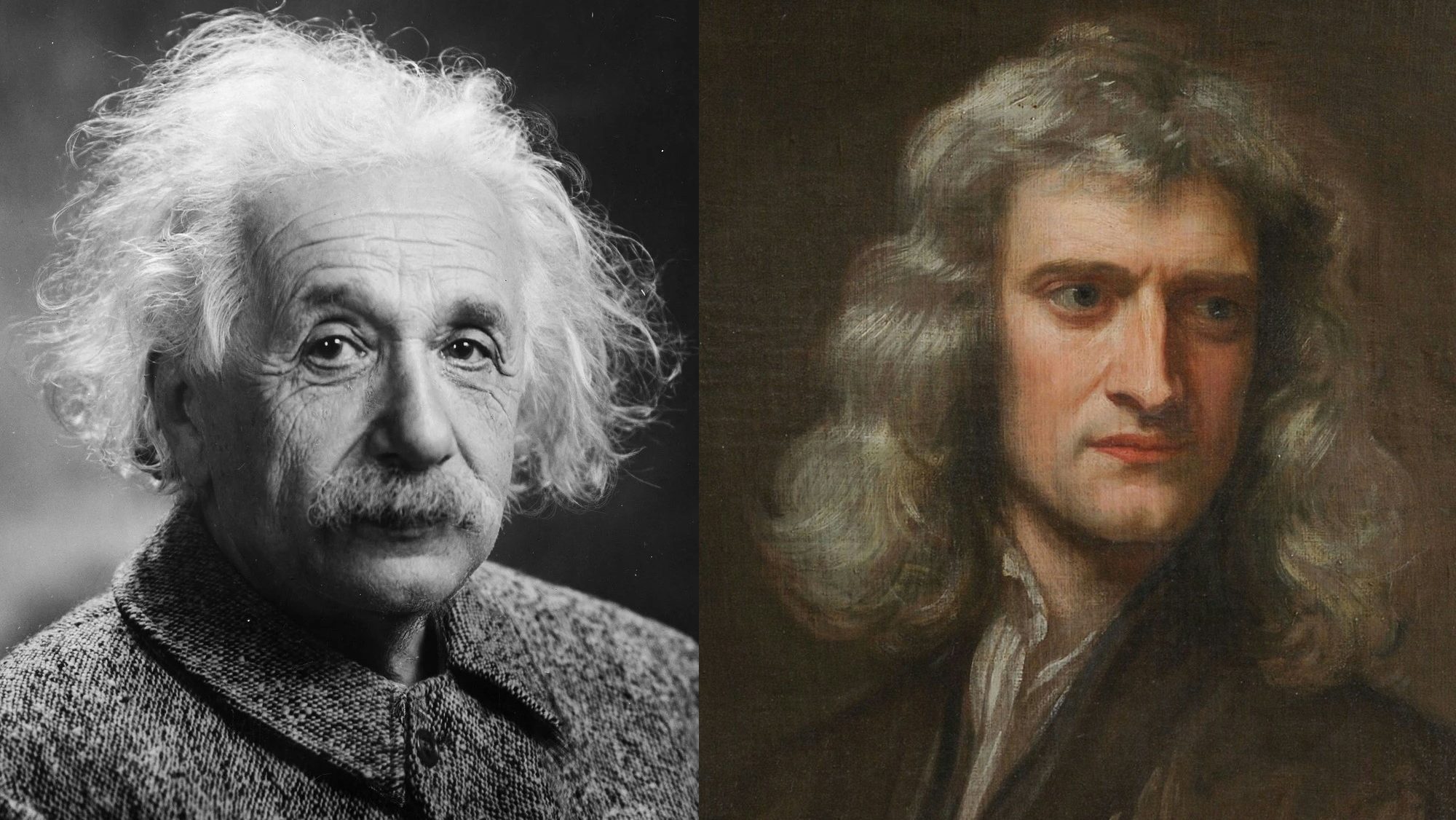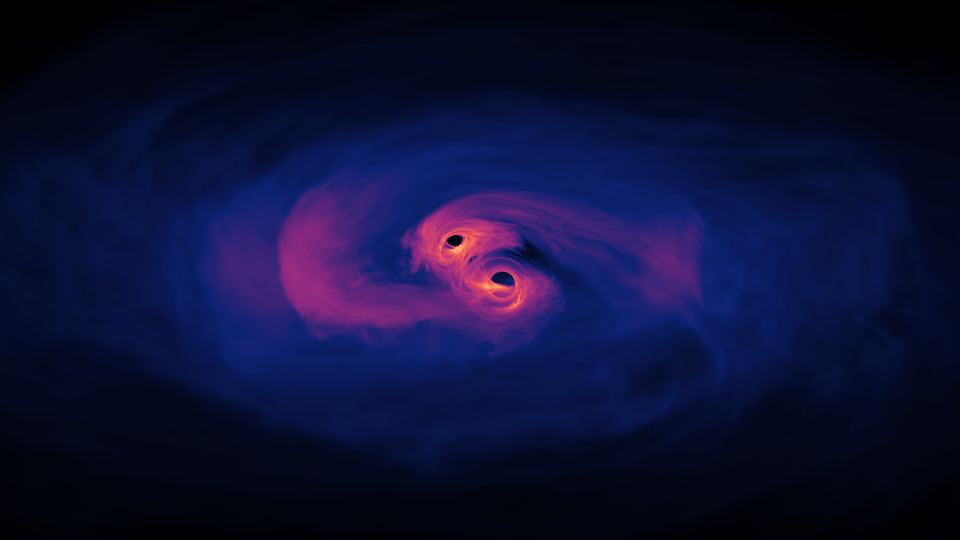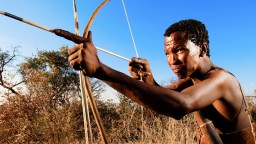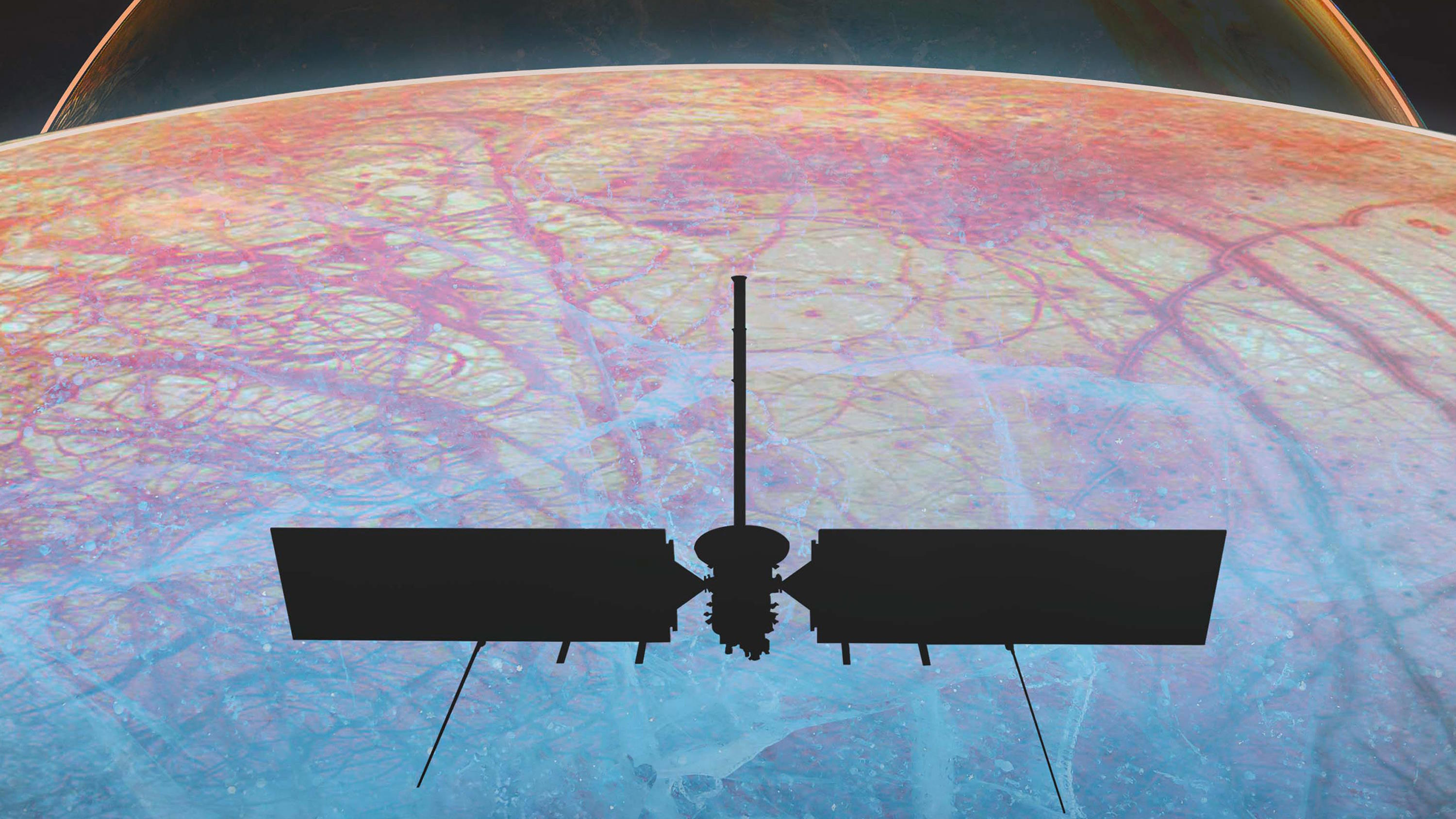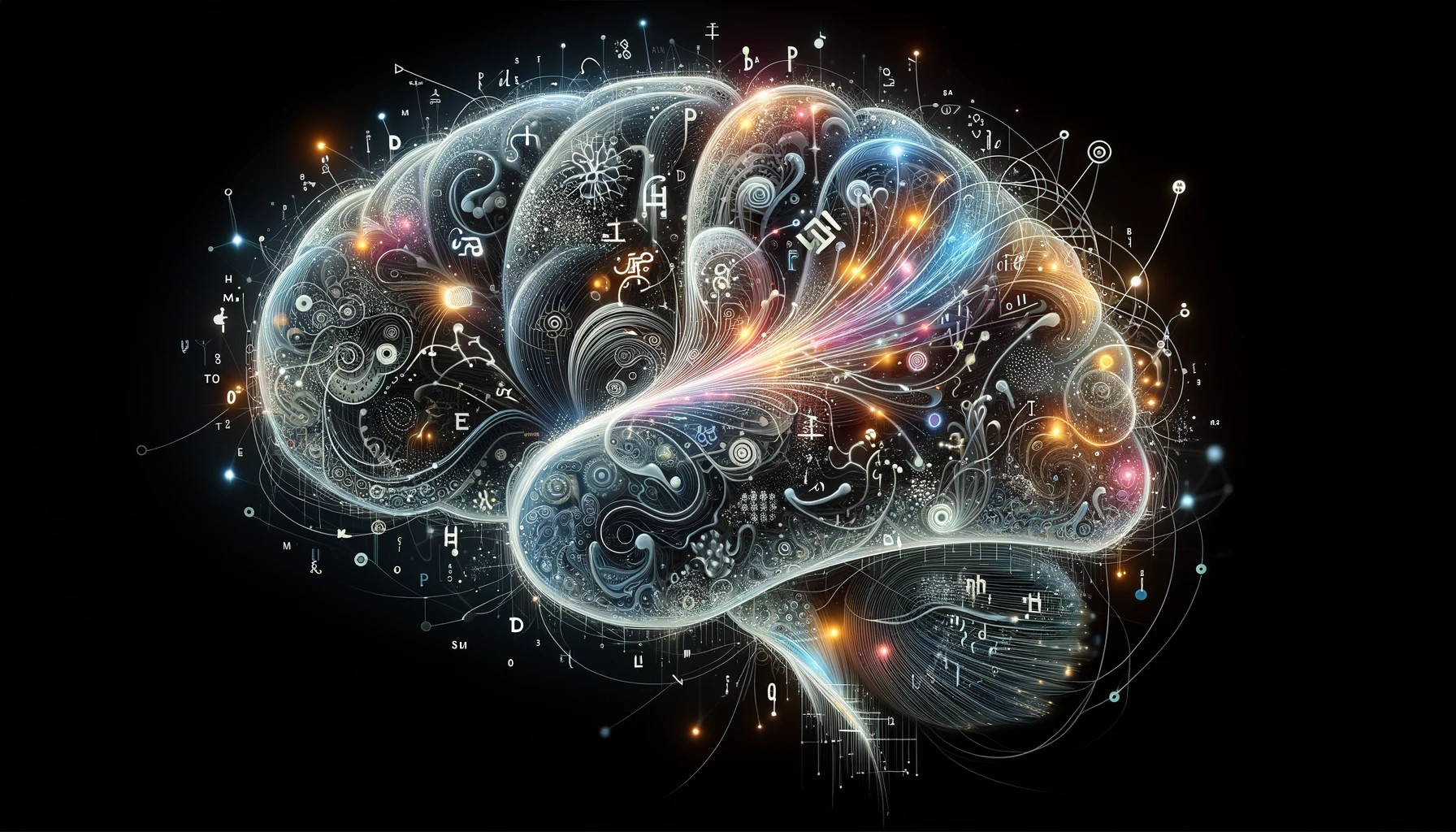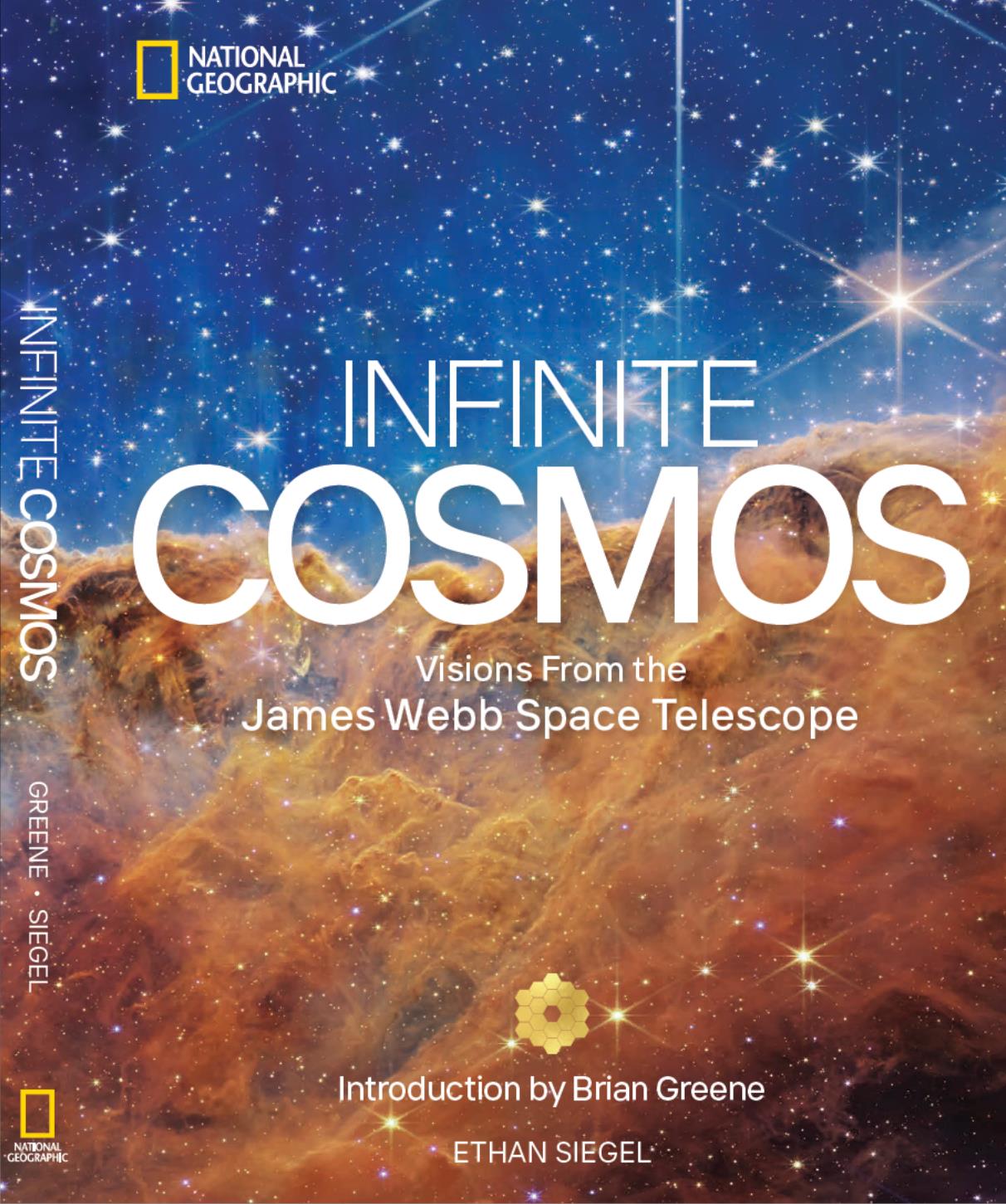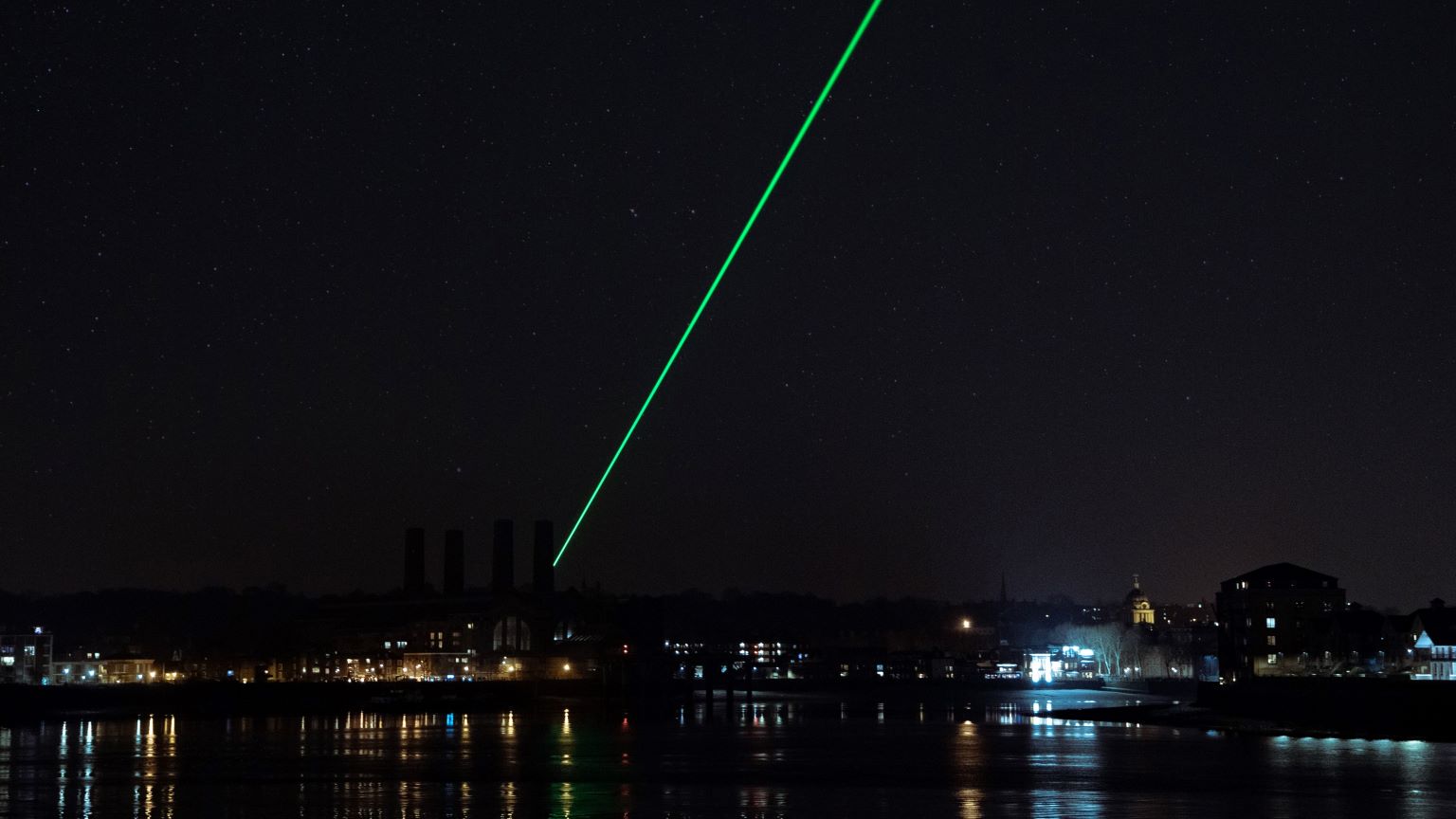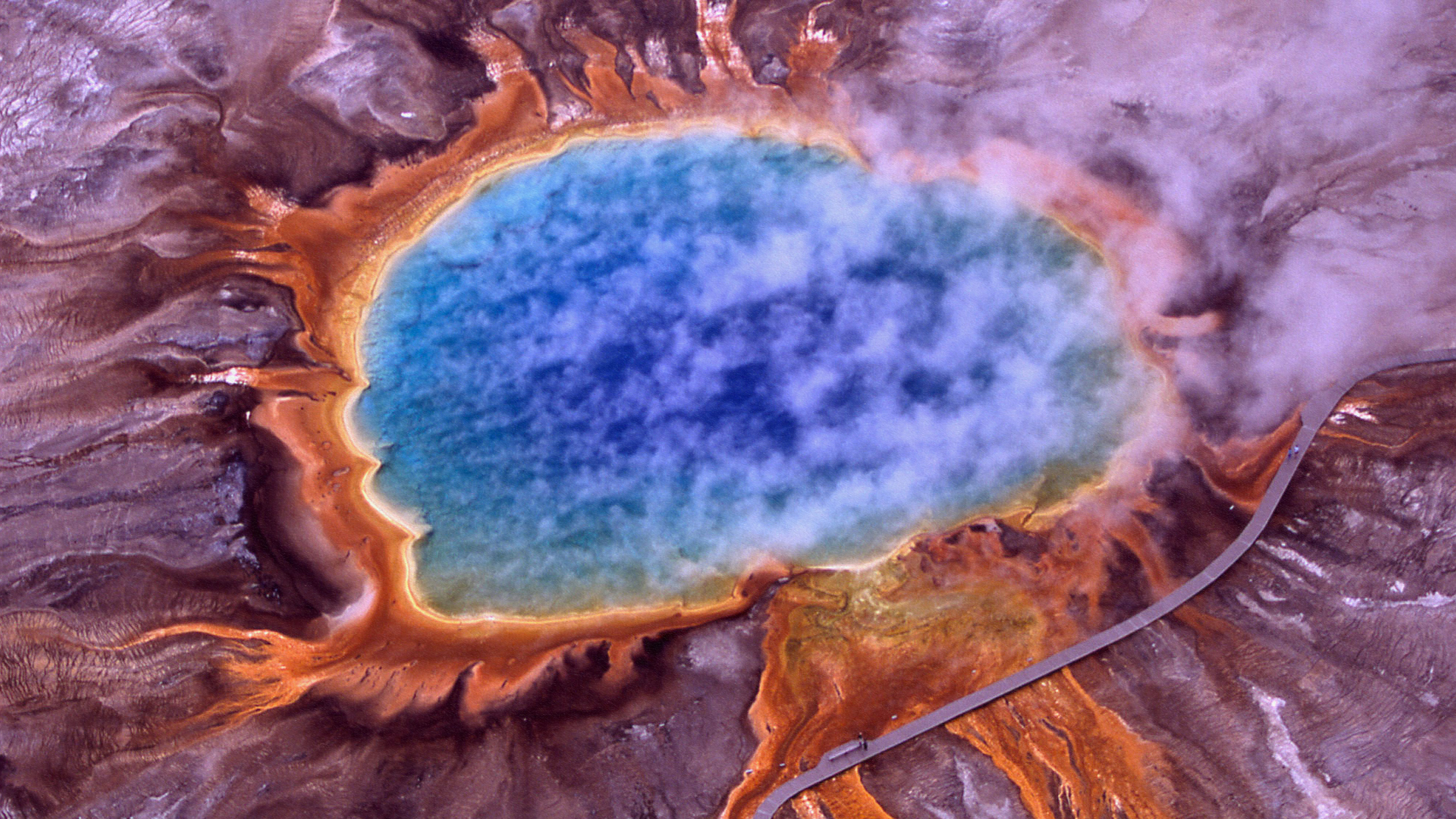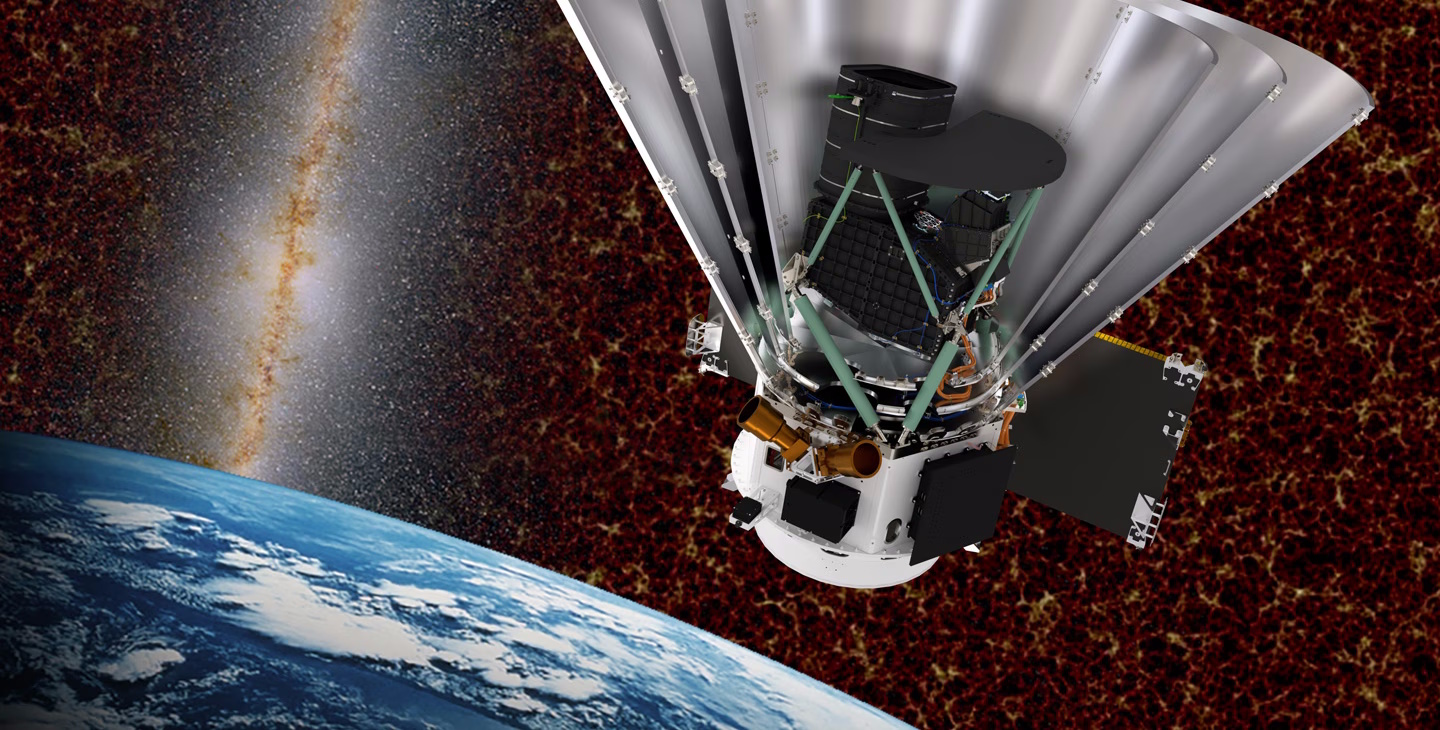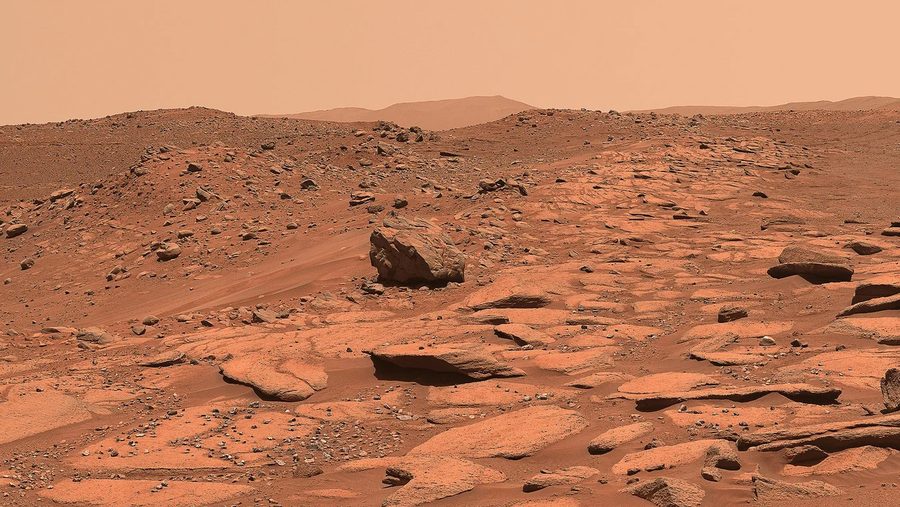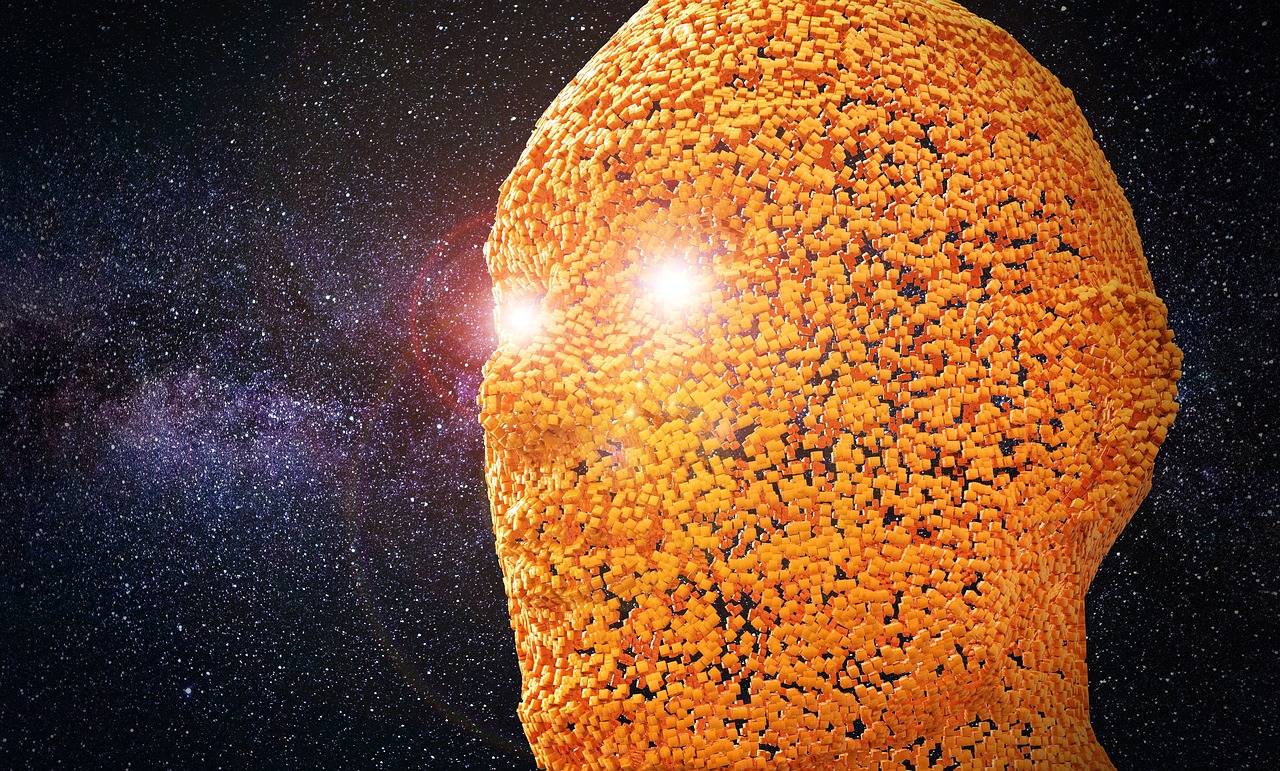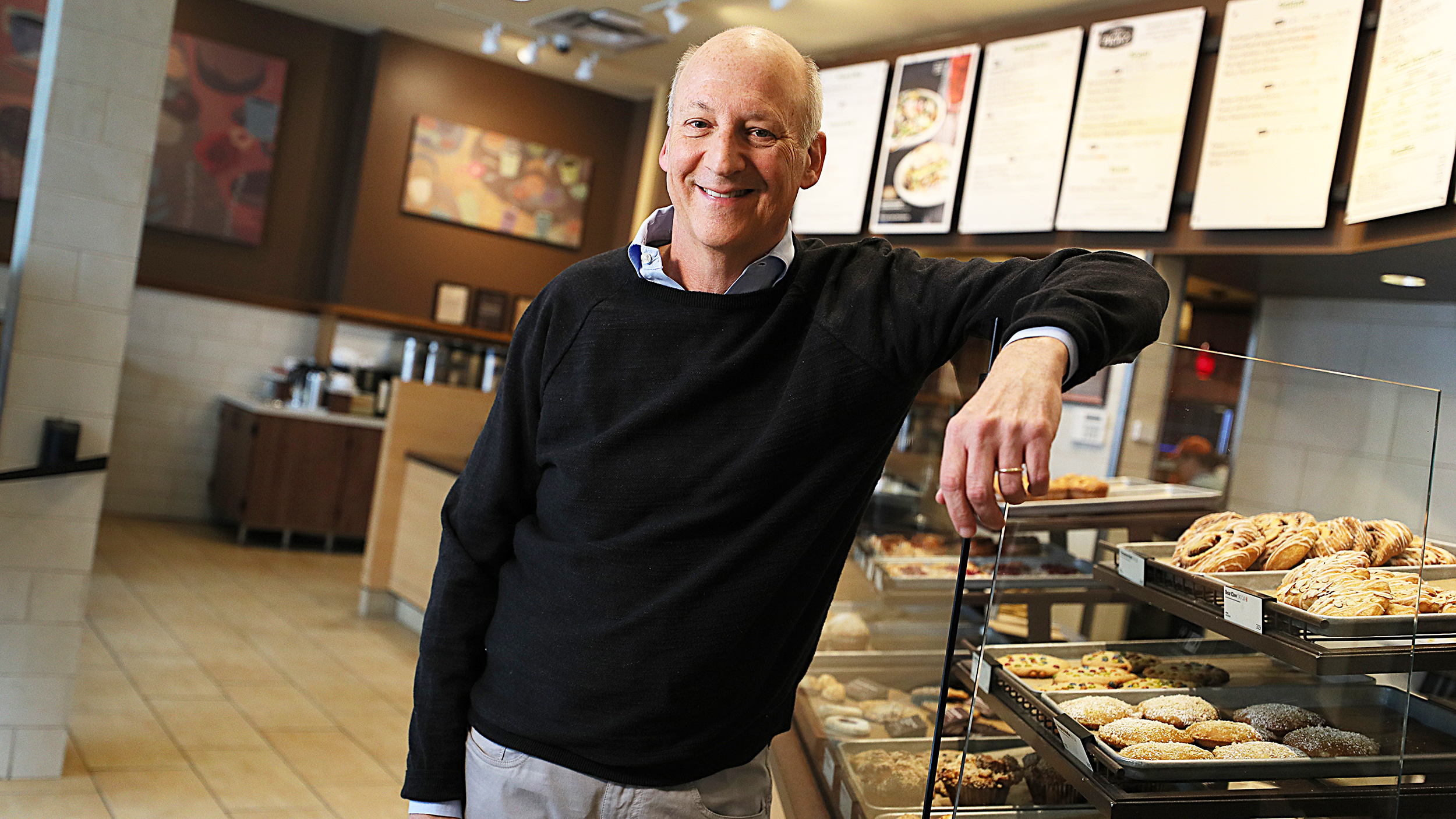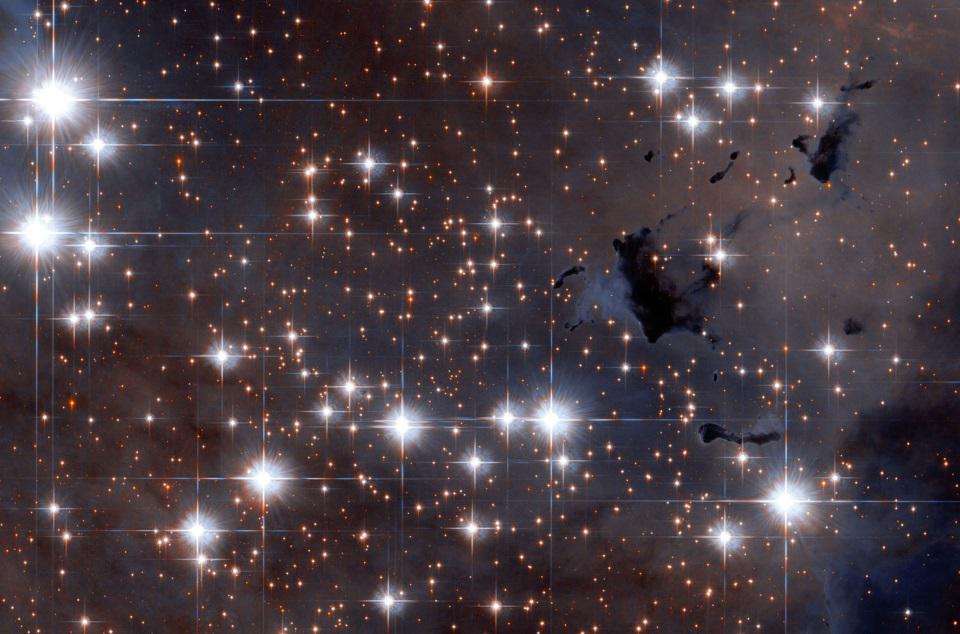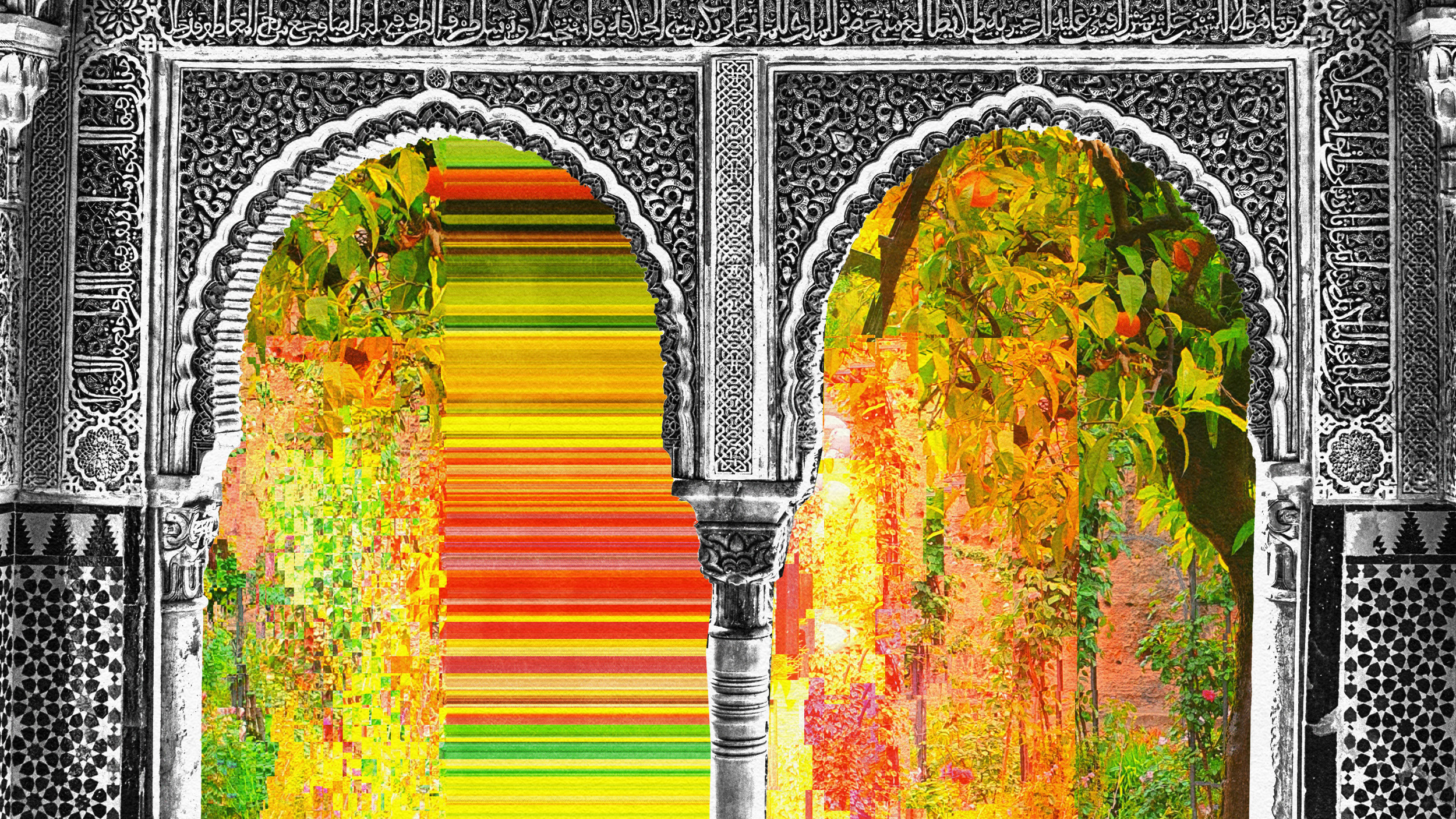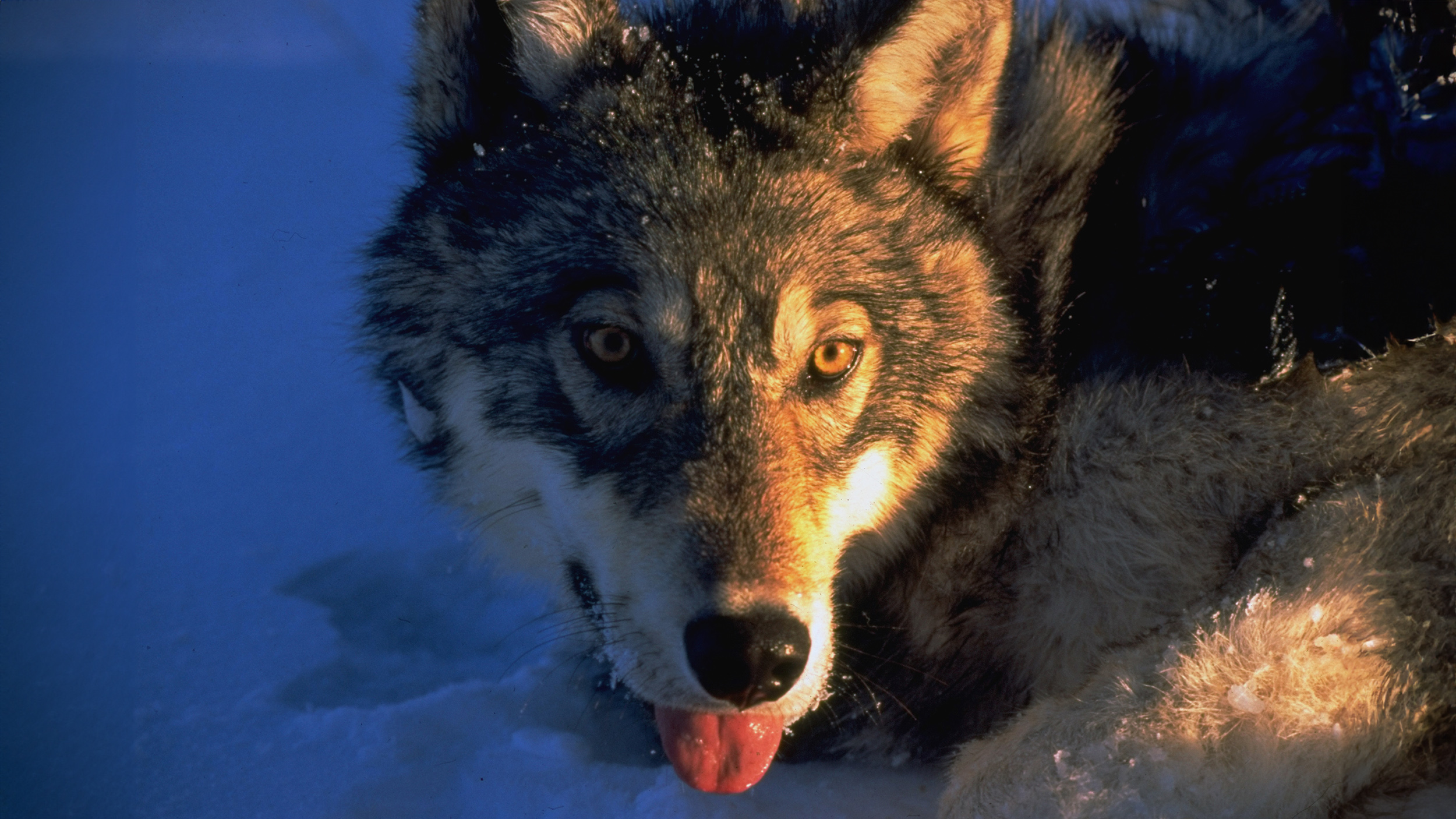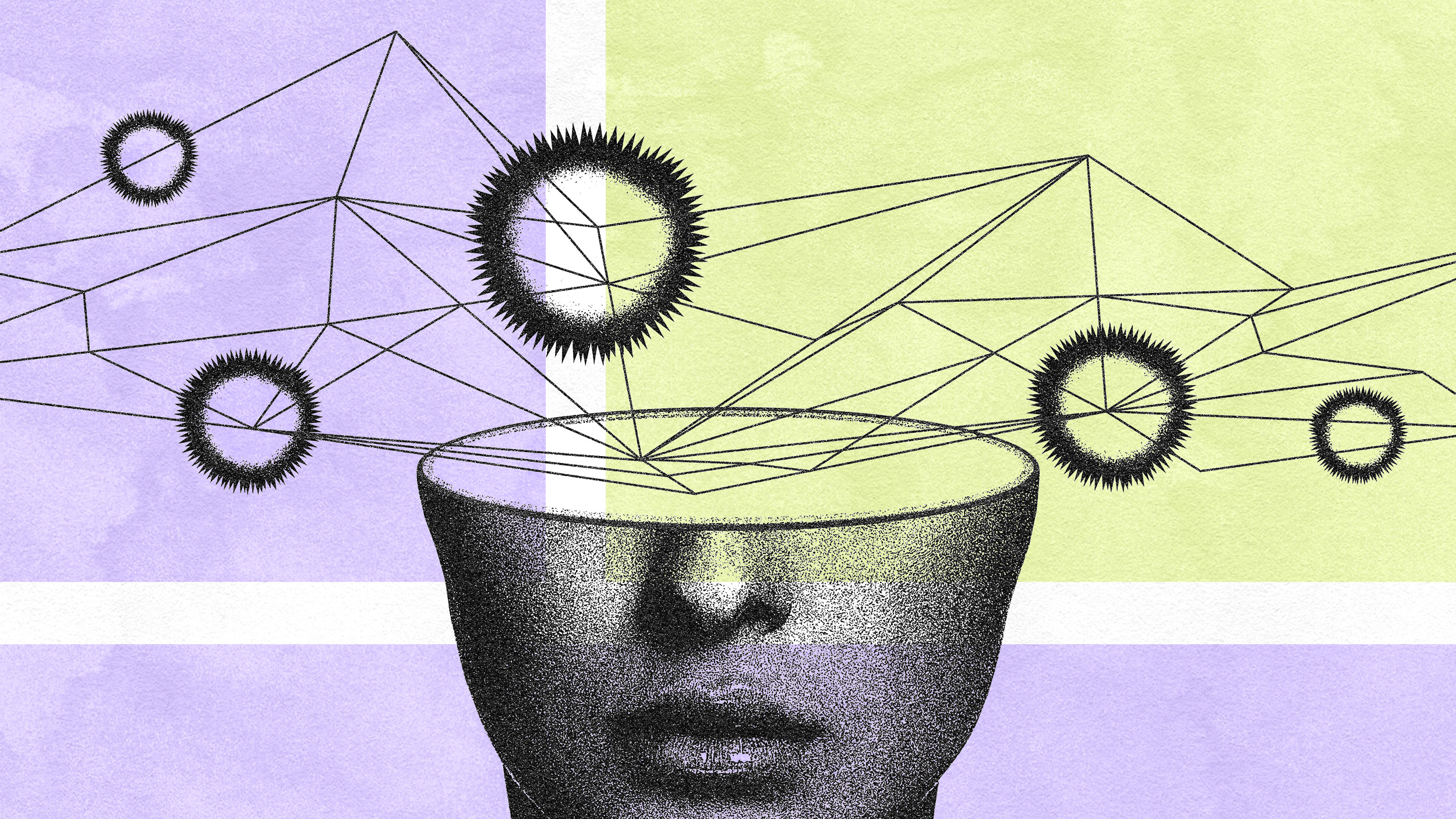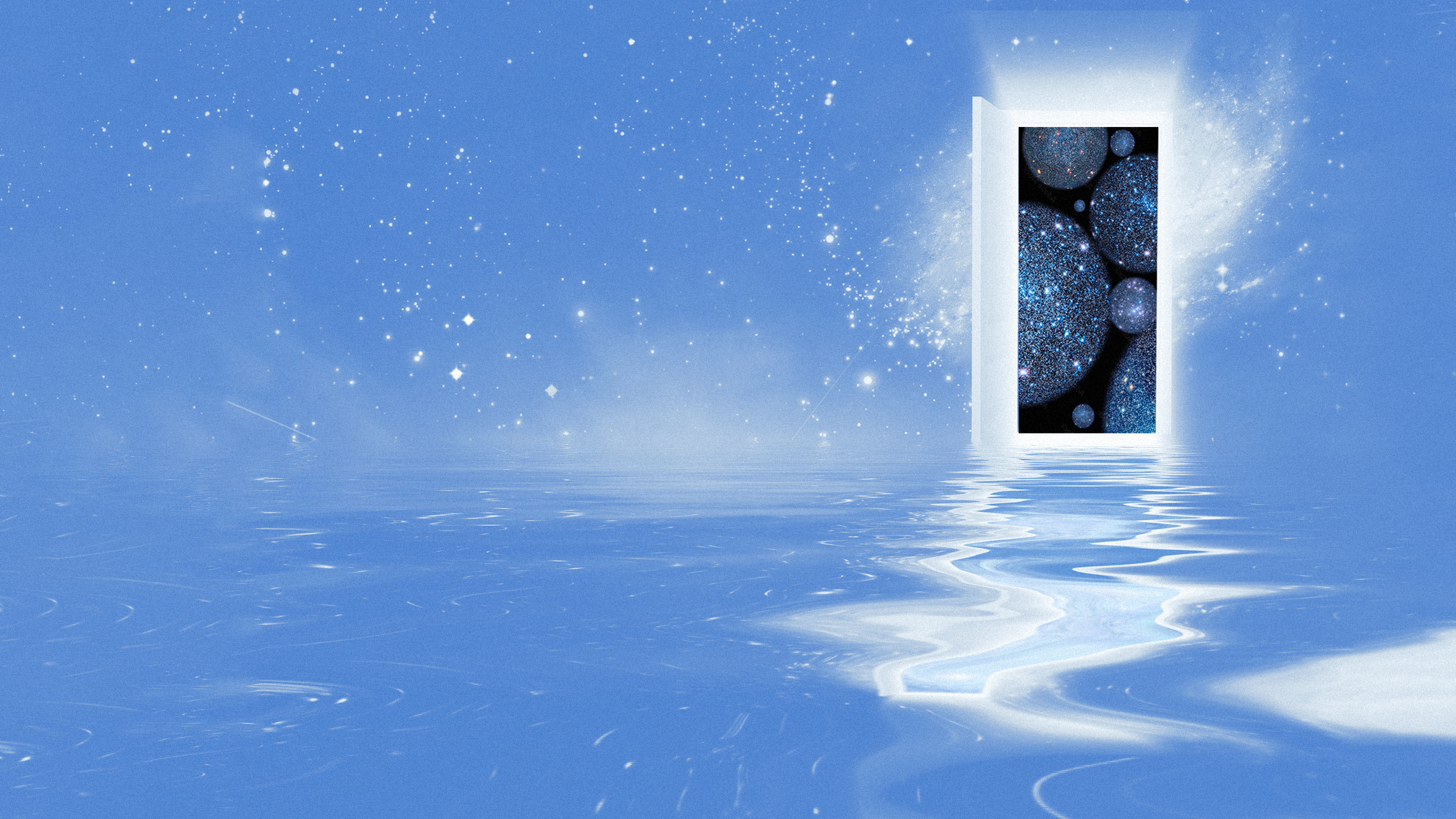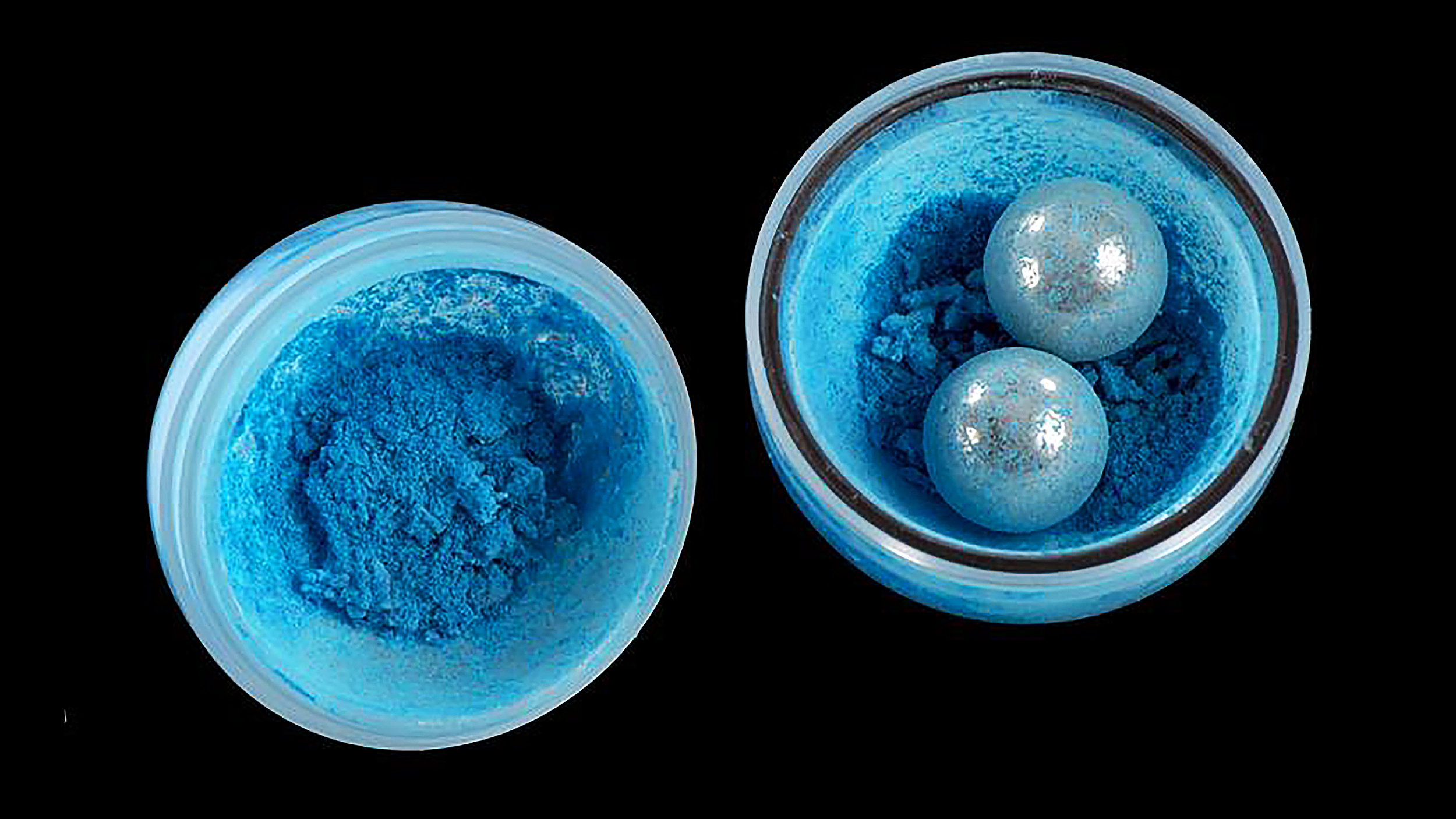Einstein’s “happiest thought” led to General Relativity’s formulation. Would a different profound insight have led us forever astray?
Search Results
You searched for: energy
It may seem as though top performers are always on, but the secret to their success is taking the time to recharge.
Newton thought that gravitation would happen instantly, propagating at infinite speeds. Einstein showed otherwise; gravity isn’t instant.
A toxicologist explains the impacts of antidepressants on fish — and no, they’re not getting any happier.
In our Universe, dark matter outmasses normal matter by a 5-to-1 ratio, shaping the Universe as we know it. What if it simply weren’t there?
He lived with a tribe of hunter-gatherers to witness how an ancient culture survives one of the most brutal climates on Earth. His learnings may surprise you.
▸
8 min
—
with
Could life be widespread throughout the cosmos, in the subsurface oceans of ice-covered worlds? NASA’s Europa Clipper mission investigates.
After drastic cuts to the NIH, the FDA, the NSF, and the DOE, NASA science faces down its smallest budget ever. All of society will suffer.
It’s an agricultural moonshot: Scientists hope to increase plant yields by hacking photosynthesis, the process that powers life on Earth.
It’s sustainable, nutritious and delicious. Scientists need to ramp up efforts to meet this urgent need.
Artificial intelligence is much more than image generation and smart-sounding chatbots; it’s also a Nobel-worthy endeavor rooted in physics!
We understand many things about our Universe, and our home within it, extremely well. The number of stars in the Milky Way isn’t among them.
National Geographic’s first James Webb Space Telescope book shows us the cosmos like never before.
As technology advances, the use of laser weapons in space becomes more likely.
“The rise of the internet brought about similar fears, yet it ultimately made learning richer and more accessible.”
With such a vast Universe and raw ingredients that seem to be everywhere, could it really be possible that humanity is truly alone?
Nurture your passions instead.
Ocean fertilization is extremely controversial, but if done correctly, it just might work.
The CMB gives us critical information about our cosmic past. But it doesn’t give us everything, and galaxy mapping can fill in a key gap.
Welcome to The Nightcrawler — a weekly newsletter from Eric Markowitz covering tech, innovation, and long-term thinking.
Caption:“At this time in Mars’ history, we think CO2 is everywhere, in every nook and cranny, and water percolating through the rocks is full of CO2 too,” Joshua Murray says.
The Kardashev scale ranks civilizations from Type 1 to Type 3 based on energy harvesting.
Every opportunity seized is another lost — but not choosing is the worst choice of all.
Even though the leftover glow from the Big Bang creates a bath of radiation at only 2.725 K, some places in the Universe get even colder.
Architecture in the age of AI — argues professor Nayef Al-Rodhan — should embed philosophical inquiry in its transdisciplinary toolkit.
The problem with carnivores turned omnivores.
From flow to emotional intelligence, these insightful books feature actionable advice you can try out today.
Do the laws of physics place a hard limit on how far technology can advance, or can we re-write those laws?
Matter is made up largely of atoms, where atomic nuclei can contain up to 100 protons or more. But how were the heaviest elements made?
Chemists could replace bubbling flasks with tumbling ball mills.
